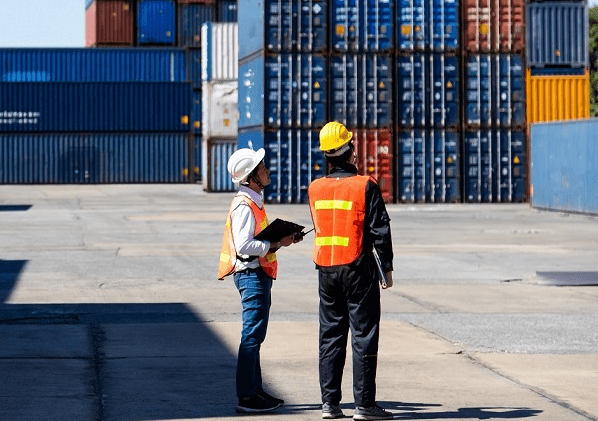The United States Trade Representative (USTR) asked Mexico to modify its Customs Law regarding the coverage that customs brokers can achieve.
The Treaty between Mexico, the United States and Canada (USMCA) prohibits arbitrary limits on the number of ports in which a customs broker can operate.
However, Article 161 of the Mexican Customs Law limits a customs broker to operate in four ports if the broker is not part of a customs agency. «In no case may a customs broker be authorized to carry out dispatches in more than three customs offices additional to the one to which he is assigned,» establishes the Law.
«The United States continues to urge Mexico to amend the law to allow customs brokers to operate in any port where the customs broker is capable of performing his duties,» the USTR said in a report.
In general, the objective of the Customs Administration and Trade Facilitation chapter of the USMCA is to reduce costs and provide greater ease and predictability to customs clearance through provisions that require a transparent, predictable and consistent application of customs procedures.
However, according to the USTR, Mexico continues to provide insufficient prior notification of procedural changes, inconsistent interpretation of regulatory requirements at different border posts, and uneven border enforcement of Mexican regulations and labeling rules.
Some imports are still not allowed at all ports of entry.
According to the USTR, the restriction of goods to certain ports has made it difficult for US exporters to organize transportation and logistics, especially for e-commerce purchases involving SMEs.
USTR
Customs procedures for urgent packages are cumbersome. The combined charge of duties, taxes and fees for urgent shipments increased with the entry into force of the USMCA.
For the Commercial Representation, there is concern that customs user fees are being applied to some shipments that originate in the USMCA.
Consolidation of express shipments over $300 is restricted, and Mexico continues to limit the number of shipments that can be delivered to a single recipient per month.
Express delivery providers must also re-register to operate in Mexico every two years.
US companies also express concern that the SAT has not instituted a periodic payment option for express delivery shipments.
On January 1, 2022, Mexico imposed a new “Complement” requirement to the existing electronic invoice requirement in transportation services.
Every shipment transported within Mexico by federal means must be accompanied by an electronic invoice “complement” containing up to 180 data elements about the shipments.
The requirement affects most imports from the time they arrive in Mexico to their destination.
Final regulations for this new requirement were not issued until December 24, 2021, so carriers and their customers had little time to implement the new requirements; however, Mexico stated that it will not enforce the measure until March 31, 2022.
![]()

